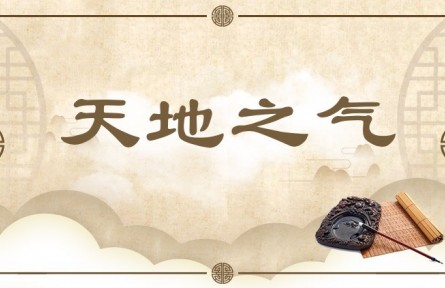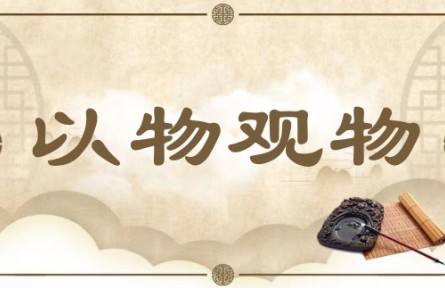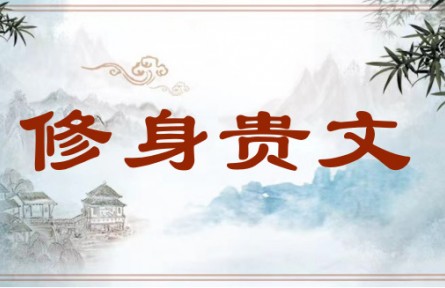视人如己
Treat Others the Way You Treat Yourself

像对待自己一样对待他人。中国自古,无论哪一个思想流派,都不背离“爱”的基本原则,都认为人与人之间,不论亲疏贵贱,皆须保有基本的善意或同情。它不仅是处理人与人关系的重要原则,也可引申为反对暴力、强权的国际原则。与孔子的“恕道”(推己及人的原则)一样,其基本精神是仁爱、平等与宽容。
Since ancient times in China, every school of thought has regarded love as a core value. They all maintain that people must have general goodwill or sympathy for others, whether they know each other well or not, rich or poor. This is not only an important principle for handling interpersonal relations; it can also extend to become an international principle of opposing violence and raw power. Like the Confucian principle of putting oneself in another person's position, the principle of treating others the way you treat yourself champions benevolence, equality, and tolerance.
引例 Citations:
◎仁人之视人也如己,待疏也犹密。(葛洪《抱朴子·外篇·广譬》)
有仁爱之心的人就像对待自己一样对待他人,对待关系远的人就像对待关系亲密的人一样。
People with a heart of love treat others the way they do themselves, and treat those who are only distantly related the same way they do those who have close ties with them. (Ge Hong: Baopuzi)
◎敌有丧、饥、疫,不加兵,爱彼民如己民。(《太平御览·兵部一·叙兵》引)
当敌国有国丧、饥荒、瘟疫时,不可以对它用兵,爱护敌国的百姓要像爱护本国百姓一样。
When an enemy country is in national mourning or suffering from famine or plague, we should not attack it; we should love its people the same way we love our own people. (Imperial Reader for Emperor Taizong of the Song)
◎宜悯人之凶,乐人之善,济人之急,救人之危。见人之得,如己之得;见人之失,如己之失。(李昌龄《太上感应篇》)
应该同情别人的不幸,因别人的幸福而快乐,帮人摆脱困境,救人于危难。看见别人有所得,就好像自己得到了一样;看见别人有所失,就好像自己失去了一样。
One should be sympathetic to those who are in misfortune, share the happiness of others, help others out of difficulty, and rescue those who are in distress. One should consider the gains and losses of others to be one's own. (Li Changling: Taishanglaojun on Retribution for Good and Evil)
推荐:教育部 国家语委
供稿:北京外国语大学 外语教学与研究出版社
责任编辑:钱耐安





